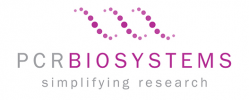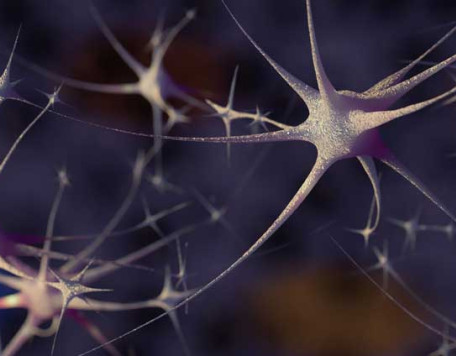© Pint of Science, 2025. All rights reserved.
For the final evening of Our Body at Cambridge, come learn about genes at The Castle Bar! We have two speakers lined up for the night: Andy Li, a PhD student in Dr Hansong Ma’s lab, and Dr Aylwyn Scally, a lecturer in the Cambridge Department of Genetics. Andy will talk about how mitochondria are involved in diseases such as cancer and Parkinson’s and how fruit flies can be used to study these issues. Aylwyn will delve into the history of genes and discuss human ancestry and DNA testing.
Ancestry, DNA and the human past
For many people, ancestry is a key part of their identity, and DNA ancestry testing has become a multi-billion dollar industry. But what can DNA really tell us about ancestry, and what have we learned about human history and the genetic differences and similarities today between individuals and populations worldwide?
Mitochondrial dynamics in health and disease
Mitochondria are small structures inside our cells that produce the energy we need to survive. Our bodies contain billions of mitochondria and many prominent diseases like cancers, neurodegenerative diseases (like Parkinson’s disease), and infertility are associated with mitochondrial dysfunction. Mitochondria also contain a small genome which is also linked to a variety of rare diseases – many of which have no cures. Our research uses the fruit fly to study central questions relating to mitochondrial function and mitochondrial genetics in order to better understand how diseases arise.
Map data © OpenStreetMap contributors.
Other The Castle Bar events
2025-05-20
Altered State: Drugs and the Brain
The Castle Bar
37 St Andrew's Street, Cambridge, CB2 3AR, United Kingdom
2025-05-21
Regrowing the brain: Treating Neurodegeneration
The Castle Bar
37 St Andrew's Street, Cambridge, CB2 3AR, United Kingdom



